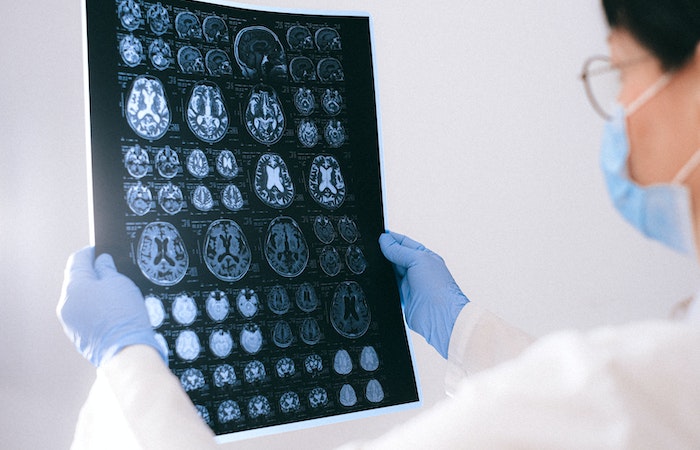An Unofficial Pathway – To Trouble
Have you ever been someplace where a large field of grass is surrounded by sidewalks? There is no sidewalk through the field. There are only sidewalks around the field. And that means there is no quick pathway from one side of the field to the other.
Well, that’s not quite right. There is, in fact, a quick way from one side of the field to the other. You just have to ignore the sidewalk and make your way across the grass.
The odds are pretty good that you will not be the only person who realizes that walking across the field will save some time. Over time, a bunch of folks might decide that the shortcut across beats going all the way around on the sidewalks.
Eventually, an unofficial pathway will be worn in the field. And once that pathway starts to appear, it will encourage others to take advantage of it—which will mean the path becomes more distinct and more likely to be used by even more people. Eventually, it may seem as if no one uses the sidewalks at all. The new path is now the main path.
That is a reasonable description of what happens in your brain when you use drugs or alcohol. Substance use leads to new pathways in the brain—and those pathways lead to the development of a substance use disorder.
Our metaphor is not perfect, of course. In our example of the grassy field, the sidewalk, and the unofficial path lead to the same spot. In the case of the pathways created by drugs or alcohol, however, the eventual destination is much, much different—and much, much worse—than the path of sobriety.
The Beaten Path Is the Pathway of Least Resistance
The development of pathways in your brain related to drugs or alcohol leads to significant issues. All too soon, the new pathways make it extremely difficult for you to choose a different path. If you try to steer yourself away from your dependence, you will likely encounter a series of roadblocks—including but not limited to extreme withdrawal symptoms.
It may seem much easier to just give into the substance use disorder. A new pathway has been beaten into your brain, and it has become the path of least resistance. It might seem wholly impossible to turn things around and choose a different path.
But we have good news: It is not impossible at all.
Neuroplasticity Allows You to Remake Your Mental Map
Our brains are amazing. And among the things that makes them so amazing is their neuroplasticity—a fancy word that basically means that we have the ability to forge new pathways in our brains.
After all, if you were able to create a pathway that led to a substance use disorder, it stands to reason that you might be able to create a pathway that leads away from drugs and alcohol.
How do you get started on that construction project? Your best move is to go through detoxification and rehabilitation. Detox gets the drugs or alcohol out of your system; rehabilitation gives you tools, strategies, and support for maintaining your sobriety. As you work to stay sober, you create new, better pathways in your brain.
A Relapse is Just a Detour
It would be wonderful if the development of new pathways meant you would never find yourself back on the road to drug or alcohol use. But it does not always work out that way. Many people in recovery find themselves taking a detour that returns them to old habits.
That can be extremely discouraging, but it is essential to remember that the road that leads to relapse is not a dead end. If you experience a relapse, it is time to return to treatment to work on your healthier pathways again.
Find Your Way to The Aviary Recovery Center
If you are struggling with drugs or alcohol, it can seem as though there is no path back to sobriety. But as we have established here, there is an off ramp that leads back to a sober life. At The Aviary Recovery Center, near St. Louis, MO, we can get you pointed in the right direction with medically assisted detox and a rehabilitation program grounded in individual and group therapy. We are committed to helping you start your recovery journey with confidence. The path back to sobriety starts here—and we will be with you every step of the way.










